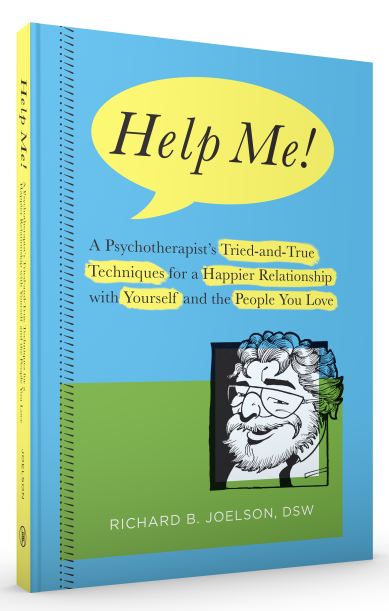According to the findings of a 1999 study by the Rand Corporation, a research institution in Santa Monica, California, the diagnosis of severe depression is missed at least half the time. The rate of misdiagnosis is even higher for the more common milder forms of depression and even when the diagnosis is correct and medication prescribed, it is frequently the wrong drug or an inadequate dose. Such mistaken treatment, in turn, feeds into the popular notion that not much can be done about depression, when in fact at least 80 percent of patients can obtain significant relief through modern antidepressants and psychotherapy.
The problem may be compounded by the fact that the nature of the standard medical office visit does not make vigorous investigation and diagnosis of depression likely. Sometimes, patients are asked by their physicians whether or not they are or think they are depressed. Their reply may determine whether the inquiry goes any further and whether a possible diagnosis of depression will be made.
The magnitude of depressive illness in this country dwarfs many other major health problems that receive far more public and professional attention. Each year, according to the National Institute of Mental Health, depression strikes 15 million Americans. People who suffer from depression miss more days of work than people with heart disease. While they are at work, their productivity commonly suffers, and at home their family and other personal relationships often become severely strained.
In its most classic forms, depression results in feelings of sadness, loneliness, apathy, worthlessness, guilt, pessimism or hopelessness. Normal drives are severely diminished, resulting in a loss of appetite and sex drive, sleep disturbances and emotional withdrawal. Memory may be impaired and mental functions and body movements may be slowed. But instead of telling doctors they feel sad or hopeless, at least half of depressed patients complain of a physical problem: headache, constipation, chronic fatigue, weight loss, insomnia, backache or indigestion, prompting a battery of tests that reveal nothing about the real cause and may result in mistreatment or none at all.
It is important to note that although most people get better on their own within 6 to 24 months without treatment, early diagnosis and treatment can dramatically reduce the length and intensity of treatment. Treatment may also help to reduce the likelihood that the depression will recur. If the depression is severe or if the symptoms interfere seriously with a person’s life, antidepressant medication is commonly prescribed often with positive results.
